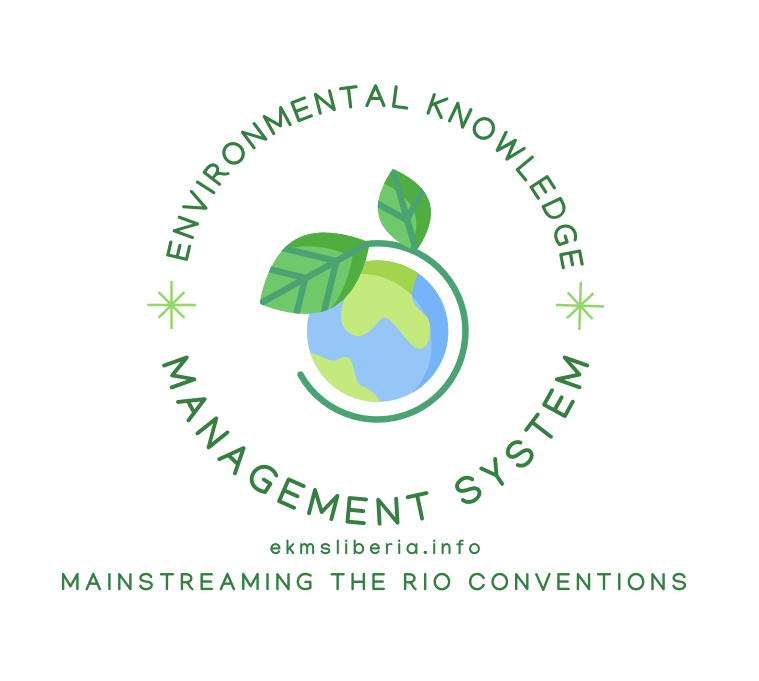Liberia is already bearing the brunt of climate change and recognizes both the current and future climate change associated risks and has committed to a 10% reduction in GHG emissions by 2030 to be achieved via a long-term strategy for attaining carbon neutrality by 2050. Liberia is committed to do more to further cut down on its GHG emissions with support from the international community.
It has ratified several protocols and submitted the Initial National Communications (INC) to the UNFCCC in 2013. In 2015 Liberia submitted its INDC, a gesture of its ambition to use nature-based approaches to reduce GHG emissions in light of its domestic circumstances and capabilities. More recently, Liberia ratified the Paris Agreement on climate change1 in which the Enhanced Transparency Framework was established (Article 13) to help understand, compare, harmonize and track national and global commitments in fighting climate change. The “transparency framework” requires countries to regularly provide: (i) A national inventory of greenhouse gas emissions (by sources) and removals (by sinks) (ii) Information necessary to track progress toward achieving their Nationally Determined Contribution (NDC) (iii) Information related to climate change impacts and adaptation (iv) Information on financial, technology transfer and capacity building support needed and received and (v) Information on any support they provide to developing countries. GEF established and operationalized the Capacity Building Initiative for Transparency (CBIT) to support developing countries to prepare to meet the enhanced transparency requirements of the agreement in both the pre- and post-2020 period based on the Paris Agreement. Liberia’s PIF for a project titled “Building and strengthening Liberia’s national capacity to implement the transparency elements of the Paris
Agreement” was submitted and approved by GEF. This was followed by GEF approval of a Project Preparation Grant (PPG) for this project to be implemented by the Liberia Environmental Protection Agency (EPA) and Conservation International (CI).


